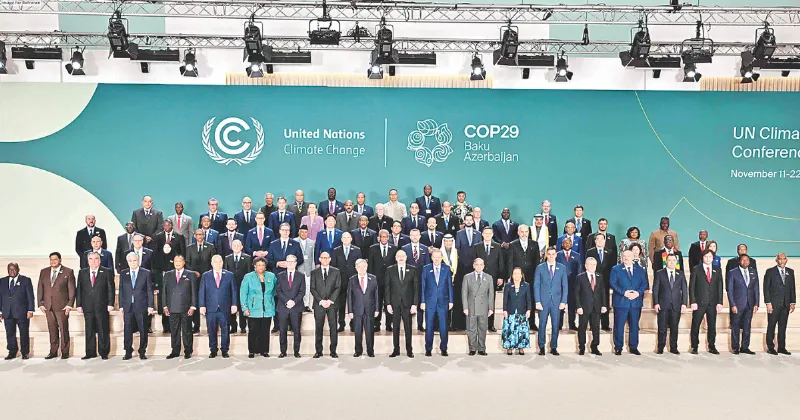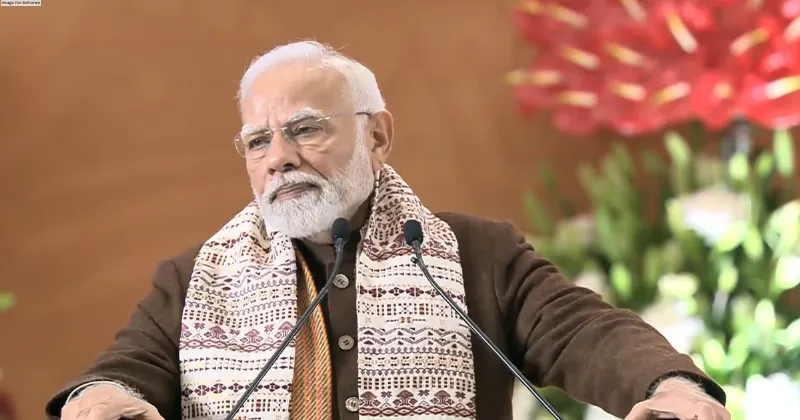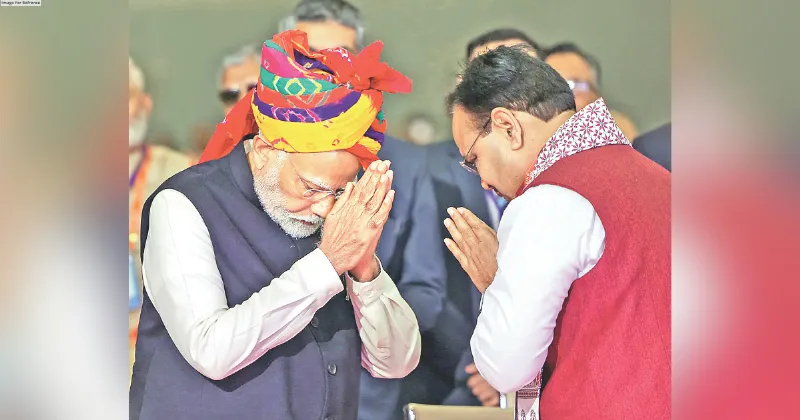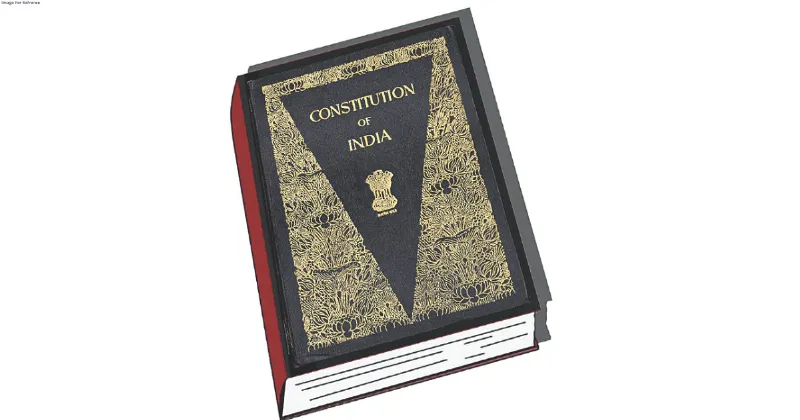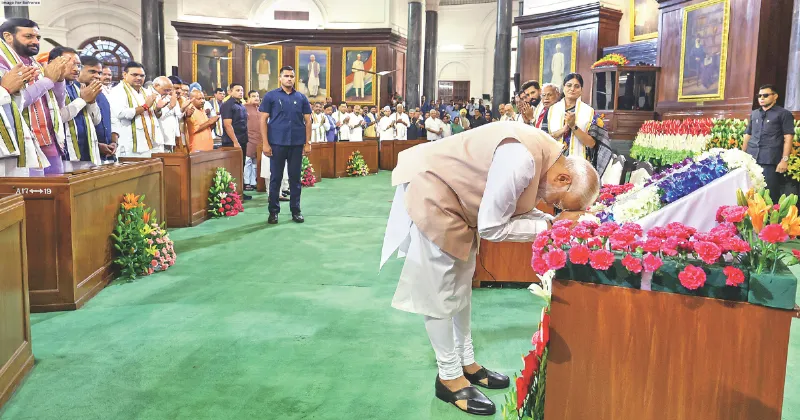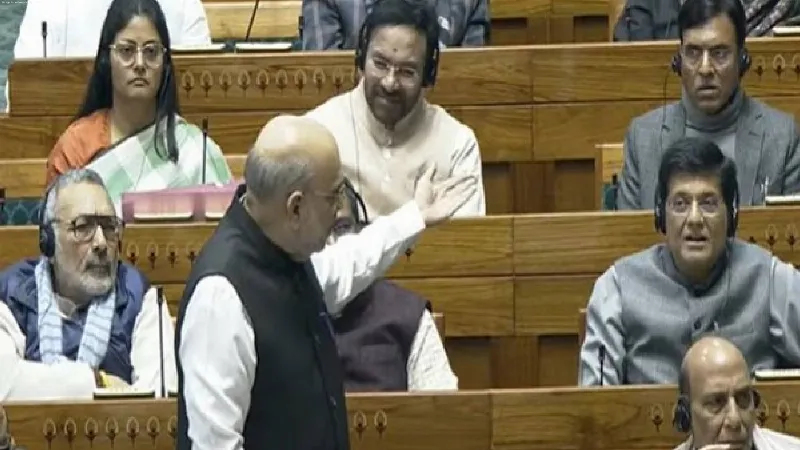Latest News
IMPACT ON GLOBAL STABILITY AND INDIA’S INTERESTS
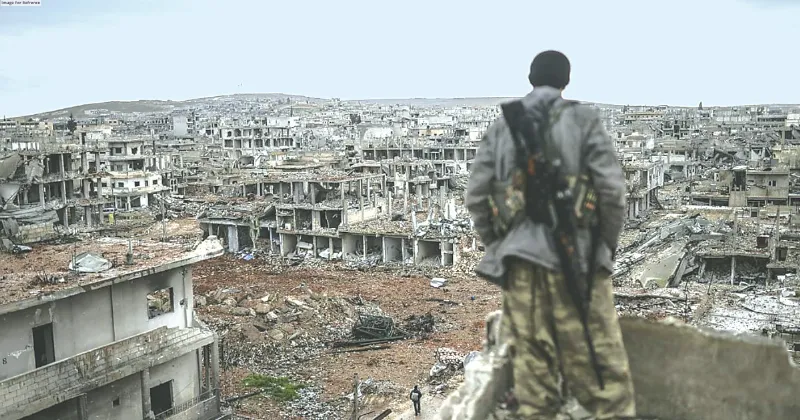
The Syrian crisis, which commenced in Mar 2011 with the Arab Spring demonstrations, rapidly evolved into a catastrophic civil war affecting not just Syria but also having a widespread impact throughout the Middle East and worldwide. The Syrian conflict has inflicted severe harm on the civilian population and almost 16.7 million individuals including 7.5 million children are living life of refugees requiring humanitarian aid and over half a million individuals have been killed. The Assad’s international allies, Iran and Russia, showed unwavering support and did try to prevent the regime from collapsing. The other countries involved in Syria, either by military operations or maintaining military forces, included Turkey, Israel, and the USA. Extensive involvement of foreign powers for their interests and making the country a proxy war ground is the main reason for this mess. The Global powers, including, Intergovernmental Organizations and self-proclaimed champions of world peace have failed Syria.
Since the fall of the Bashar al-Assad regime presents an historic opportunity for Syrians to build a stable and peaceful future. The situation requires UN intervention to ensure an orderly political transition to renewed institutions and a hope for opening of a new regime of peace, reconciliation, dignity, and inclusion for all Syrians. The future of the country now lies in hands of de facto authorities like Hay’at Tahrir al- Sham (HTS) which spearheaded the fall of Assad and the Syrians themselves and supported by the UN and the international community. Global stakeholders now have to reckon with the geopolitical impact of a rebels takeover of Syria.
Assad had managed to endure the popular uprising against him for more than 13 years. The message from Assad’s one-time allies was clear that he was on his own but this power vacuum in Syria could cause more turmoil making it dangerous like the cases of Muammar Qaddafi’s Libya and Saddam Hussein’s Iraq. Russia has military bases in Syria and will seek to protect its interests, but they remain occupied with Ukraine war. Iran, which has traded direct attacks with Israel in recent months, is also weakened. It unleashed a political situation in which much remains uncertain and it’s not clear whether the new leadership will be able to govern the war-torn country at all. The fear today is that all the factions are united against one enemy but they will eventually be consumed by infighting. The situation gets murkier and puts US President-elect Trump in dilemma as the US is neither friendly with Assad and nor the rebel group HTS, which formed an alliance with alQaeda more than a decade ago, a terrorist organization. Turkey is likely to seek to capitalise on opportunities created by Assad’s fall to repatriate the millions of Syrian refugees living in Turkey and seeks a peaceful transition of power.
INDIA-SYRIA TIES AND INDIA’S INTERESTS
India and Syria share a long-standing relationship rooted in historical, cultural, and civilisational ties. This relationship has evolved over the years, particularly during Assad’s tenure. India supports preserving the unity, sovereignty and territorial integrity of Syria and advocates a peaceful and inclusive Syrian-led political process respecting the interests and aspirations of all sections of society. At the same time, India has condemned violence perpetrated by both Assad’s regime and the opposition rebels. Both India and Syria has mutually supported on several international issues, including the Palestinian cause, Syria’s claim over the Golan Heights and India’s position on the Kashmir conflict. Under Prime Minister Modi, India renewed its bilateral ties with Syria after it rejoined the Arab League in 2023 following the deadly civil war.
Assad’s fall and the ensuing uncertainty pose concerns for India’s political and economic interests in the region. The new Syria, where political equations may shift, could impact India’s relations with the Arab Republic and the Middle East dynamic. Dealing with HTS, a fundamentalist Islamic group formerly tied to terror outfit Al-Qaeda taking over new regime presents a major challenge for India. Potential resurgence of ISIS could further destabilise the region. India’s significant investments in Syria’s oil sector and IndiaGulf-Suez Canal-Mediterranean/Levant-Europe corridor has to be carefully traded with new regime. India will be closely monitoring the situation and may need to adjust its approach as it navigates the complexities of a new Syria. Any instability radiating from Syria will affect everything in Gulf region that is important for India, from energy security, to trade & business, to fate of Indian nationals employed in the region.
THE VIEWS EXPRESSED BY THE AUTHOR ARE PERSONAL
Col Rajesh Bhukar, The writer is a Post Graduate in International Studies, Alumni of Defence Services Staff College, Wellington and College of Combat, Mhow [email protected]



